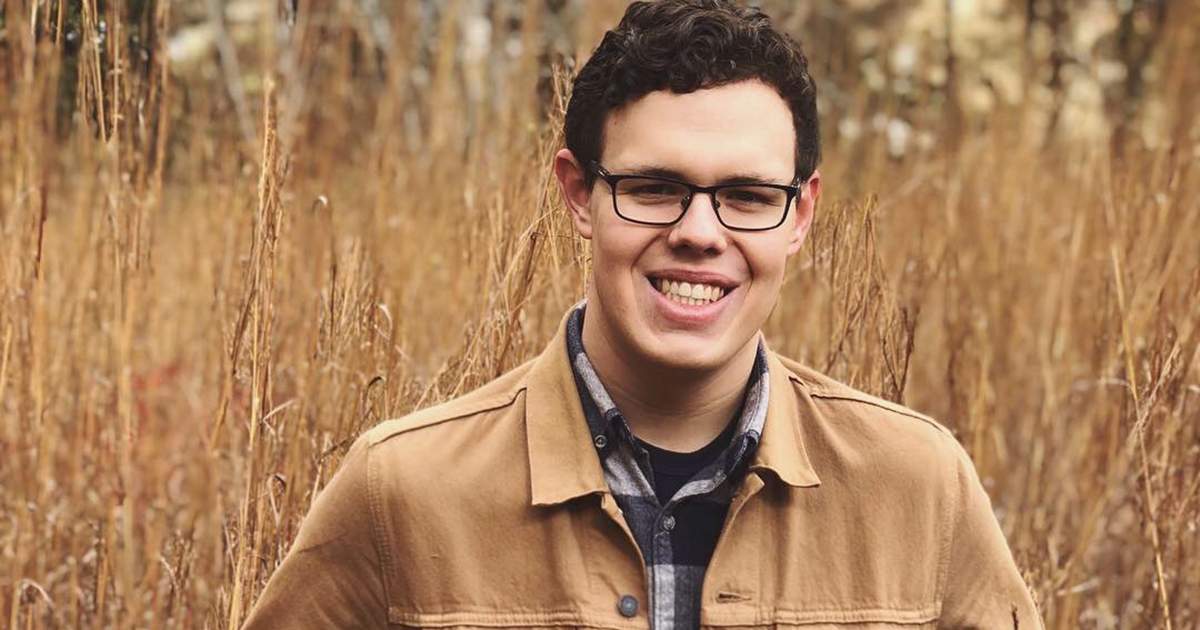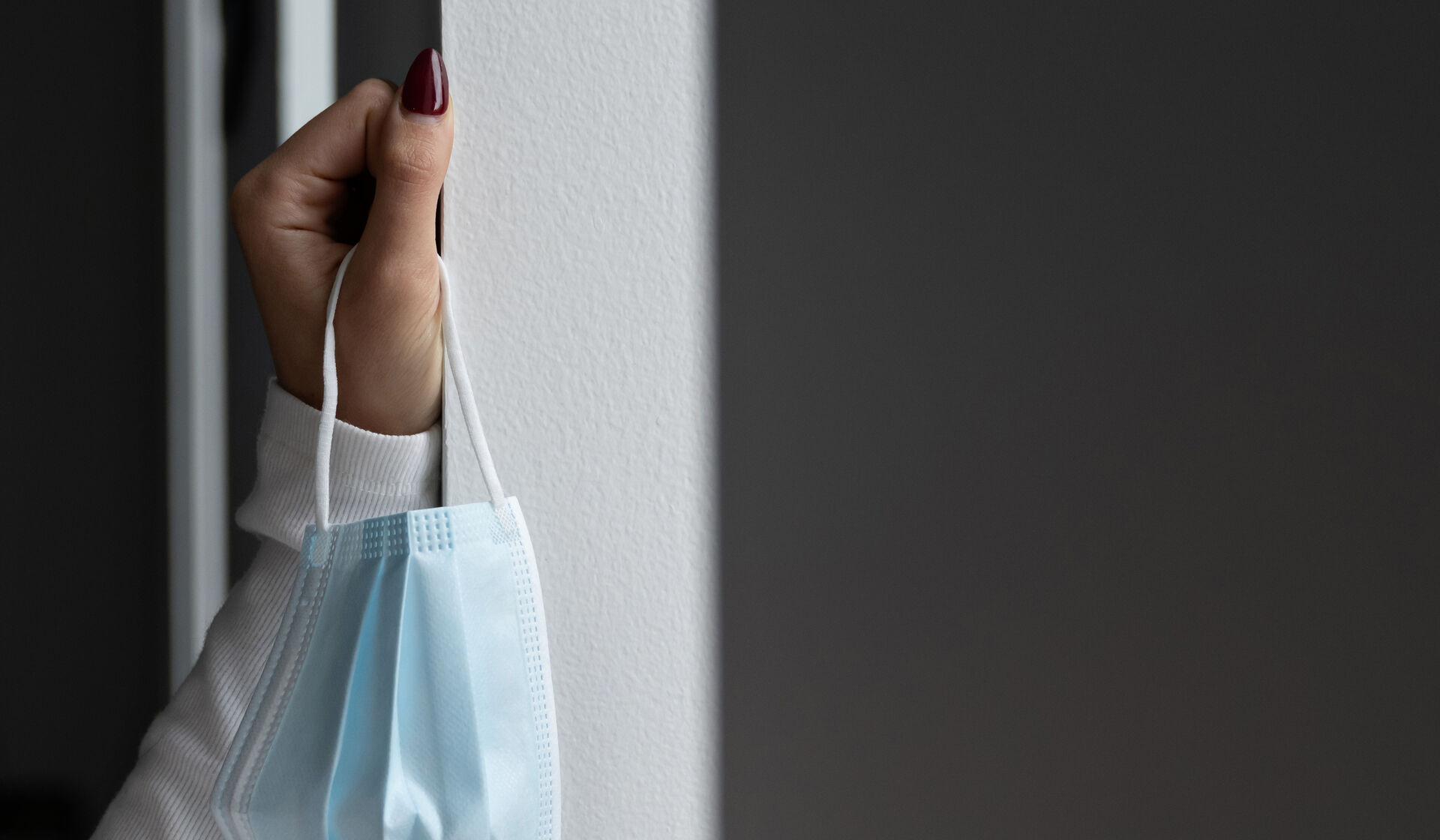The ruminations of a teenage college applicant can often sound callow. But not always. As many a college essay proves, such thoughts can be utterly inspirational. The same can be said of essays submitted by applicants to the Alumni Association LEAD Scholars Program.
In celebration of the 10th anniversary of the program, we are sharing just a few of the many essays submitted. In this 10-part series, you’ll read of the experiences of those who come from relatively sheltered backgrounds to those who have had to deal with more than their share of adversity.
In this eighth installment, U-M junior Mitchell Keefer recalls the year he learned his mother had breast cancer and how he managed to cope during her illness. Now pursuing a degree in nursing with a minor in global health, Mitchell is also involved with the Student Nurses Association and the Sigma Theta Tau International Honor Society of Nursing. He also gives back in the community by volunteering at Motley Crew, a student-led organization that hosts events at the VA Ann Arbor Health System, and the Fresh Start Clubhouse, which works with those living with mental illness.
The Antidote of Love
When my parents told me through teary eyes and labored words that my mother had been diagnosed with stage 3 breast cancer, the very foundation of what I knew as normalcy was shattered, and my life was separated forevermore into events pre- and post-diagnosis. I was, as expected for a child, trapped between my extreme emotions. The true nature of the insurmountable weight upon my shoulders was indescribable. There was a possibility that my mom was going to die. The thought weighed upon my mind relentlessly, but our hellish journey was just beginning.
She began chemotherapy and had every adverse reaction possible. She frequented the emergency room weekly for critically high fevers. She was in agony because of her Neupogen injections and unable to walk without assistance. Her condition destroyed me. I searched for a light to extricate myself from the blackness into which I had slipped and finally found the salvation that had been staring me in the face.
My mom was the key to my happiness, not the focus of my despair. Instead of viewing her disease as the source of all my problems, she would guide me onward. From that moment, making my mom the healthiest and happiest she could be under the circumstances became the nexus on which I centered my energy.
No longer would I waste my time wallowing in self-pity. Instead, I would spend it helping my mother triumph in spite of the cancer. It all became clear: I was going to put my mother’s happiness before that of my own, even if it meant pretending to be happy when I was not, just to make her smile. It meant always coming home with a funny, positive story, even if it was made up, just to make her laugh.
Rather than focus on ways to improve my own feelings, I decided to set them aside to concentrate on improving hers. I went with her to the hospital instead of hiding from her illness. I held her when she cried, and I told her that she was the best mother in the world when she felt inadequate about her ability. I helped her get to the bathroom and made her meals when she was hungry. I set aside what I wanted to do with friends to stay home and care for her.
I wanted her to be comfortable and happy, so I nurtured my mother, just as she had nurtured me. From the first utterance of those fateful words to now, caring for my mother taught me that the happiness of my loved ones should always come before my own. At this moment, I can see hair beginning to regrow upon her head, hear the chortle of her laugh, and see the smile on her face. Knowing that I helped my mother heal has taught me my most important lesson.
(We are happy to report three years later that Mitchell’s mother is now cancer-free.)
The LEAD Scholars Program provides scholarships to black, Latino, and Native American students who have been accepted into the U-M. Visit umalumni.com/LEAD to learn how you can support the program and, thus, help create a more diverse campus.





